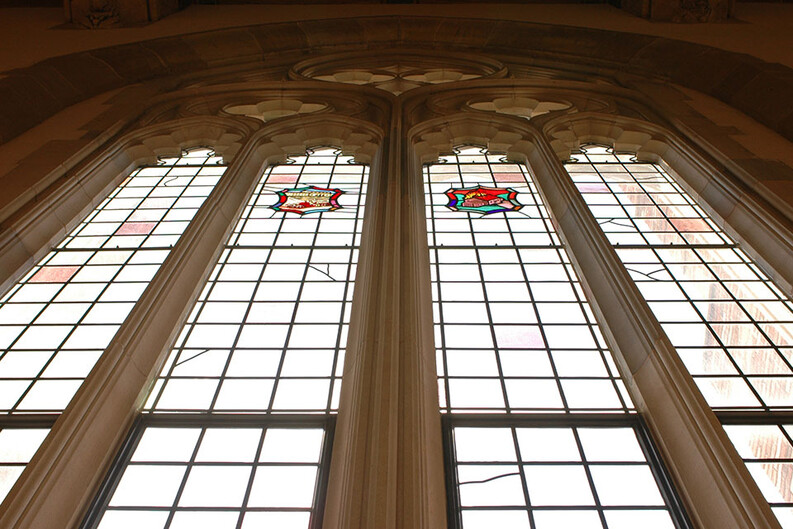Unanimous SCOTUS Opinion Cites Free Exercise Clinic Brief

On June 29, the U.S. Supreme Court issued a decision protecting the rights of religious minorities in the workplace. The Court’s opinion favorably cited a brief filed in the case by Yale’s Free Exercise Clinic on behalf of a coalition of religious minorities.
Earlier this year, the Yale Free Exercise Clinic filed a friend-of-the-court brief at the U.S. Supreme Court on behalf of a coalition of religious minorities in Groff v. DeJoy. At stake in the case was the ability of religious employees — particularly religious minorities — to obtain workplace accommodations for their religious practices. Specifically, plaintiff Gerald Groff, a postal worker, sought a religious accommodation so he could faithfully observe his Sabbath. As the clinic’s brief explained, the Supreme Court’s 1970s-era case law governing religious accommodations has been “particularly harmful to religious minorities” because uncommon religious practices are more likely to face skepticism from employers, meaning that minority employees are also “more likely to be denied an accommodation.” The Clinic’s brief advocated for a stronger legal standard that better protected religious minorities in the workplace.
Yesterday, the United States Supreme Court ruled unanimously in favor of Groff, holding that employers must show a “substantial” cost to their business before denying a requested religious accommodation. Previously, all that was required was a showing of a “de minimis,” or trivial, expense. The Supreme Court’s opinion also cited and directly quoted the clinic’s brief, noting that “a bevy of diverse religious organizations has told this Court that the de minimis test has blessed the denial of even minor accommodation in many cases, making it harder for members of minority faiths to enter the job market.”
Andrew Follett ’23, Denise Jimenez ’25, and Isaac May ’24 were the student team from the clinic that prepared the brief.
READ: The clinic’s amicus brief
READ: The Supreme Court ruling in Groff v. DeJoy
“I am grateful we were able to make our clients’ rich religious traditions of Sabbath observance known to the Court. This unanimous ruling is a victory for them and for numerous others who will no longer be forced to choose between their livelihoods and their conscience,” said May.
The Clinic filed the brief on behalf of the National Council of Young Israel (NCYI), the Seventh-day Adventist Church in Canada, the Atlantic Union Conference of Seventh-day Adventists, and the North Pacific Union Conference of Seventh-day Adventists.
Rabbi David Warshaw, NCYI’s President, said, “NCYI is extremely pleased with the Supreme Court’s decision. We are especially proud that the Court cited NCYI’s amicus brief in reaching its result. We wish to thank Yale Law School’s Free Exercise Clinic for its excellent work on the amicus brief.”
Clinic students were under the supervision Professor Kate Stith, Lafayette S. Foster Professor of Law, who founded the clinic; Visiting Professor of Law Michael Helfand ’07; and Visiting Clinical Lecturer Nicholas Reaves.
“The Court’s cite to our brief in Groff is further confirmation of the great work our students are doing,” said Stith. “For four years now, the Clinic has provided Yale students with the doctrinal knowledge and practical skills necessary to advocate for those in need. I am pleased to see that work recognized by the Supreme Court.”
“I am always impressed by the consistently high quality of work done by our students,” said Reaves. “While getting a Supreme Court win and a shout out in the Court’s opinion is certainly icing on the cake, the real reward for our students is the opportunity to think critically about these important legal issues, interact with our incredible clients, and hone their legal research and writing skills.”
The Free Exercise Clinic at Yale Law School provides an opportunity for students to defend the free exercise of politically vulnerable religious minorities.
Updated 10/11/23


